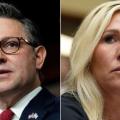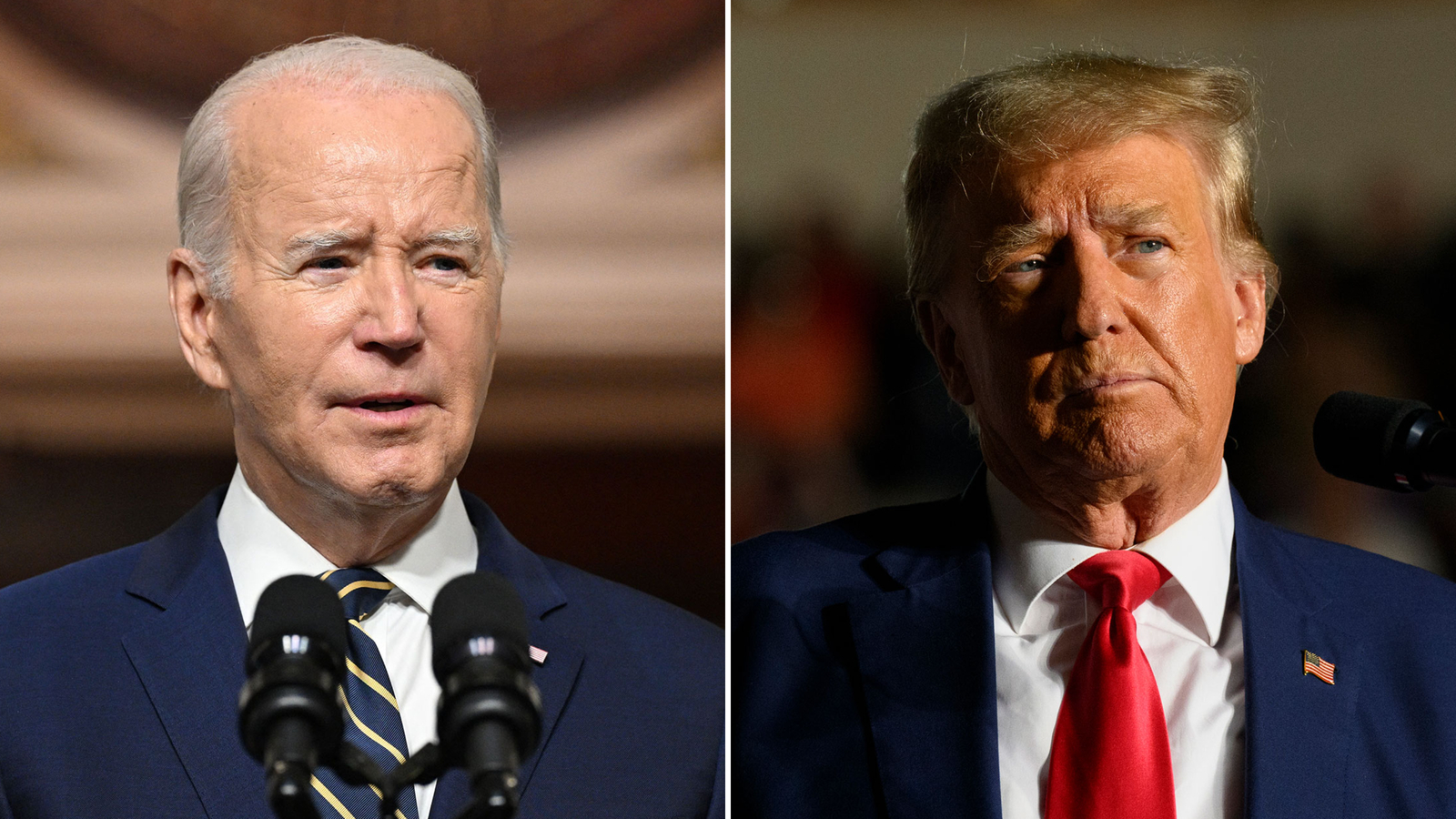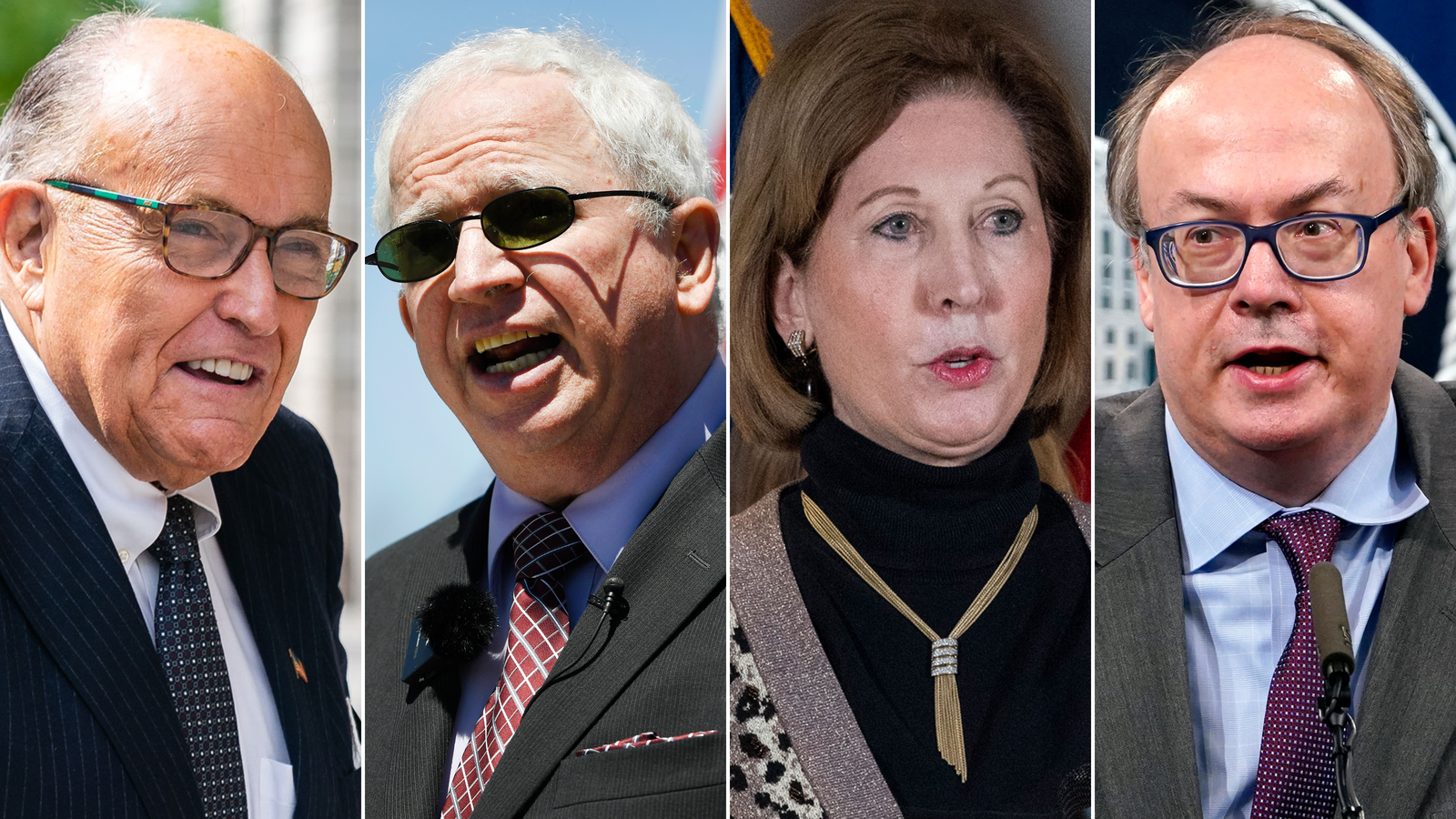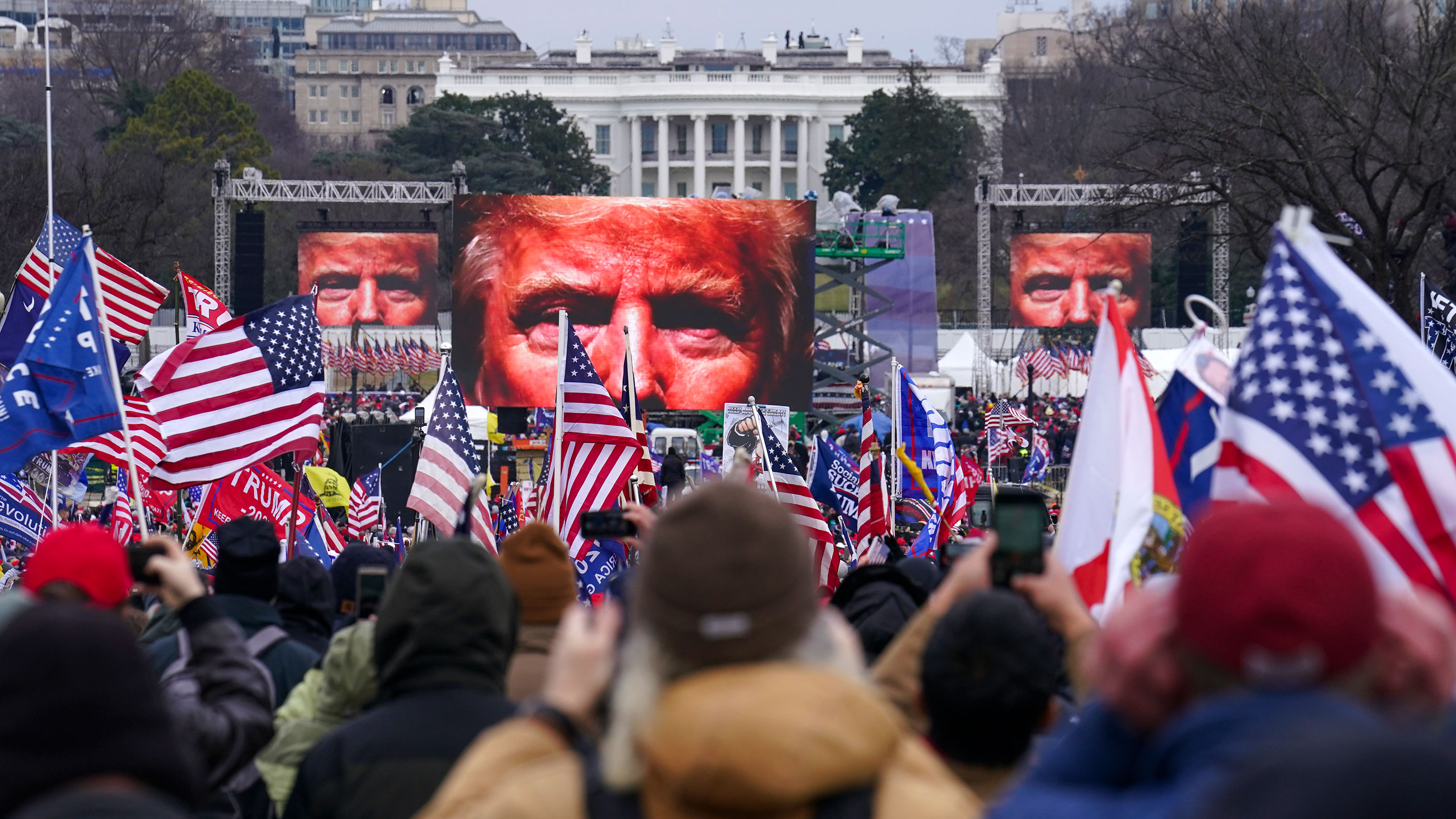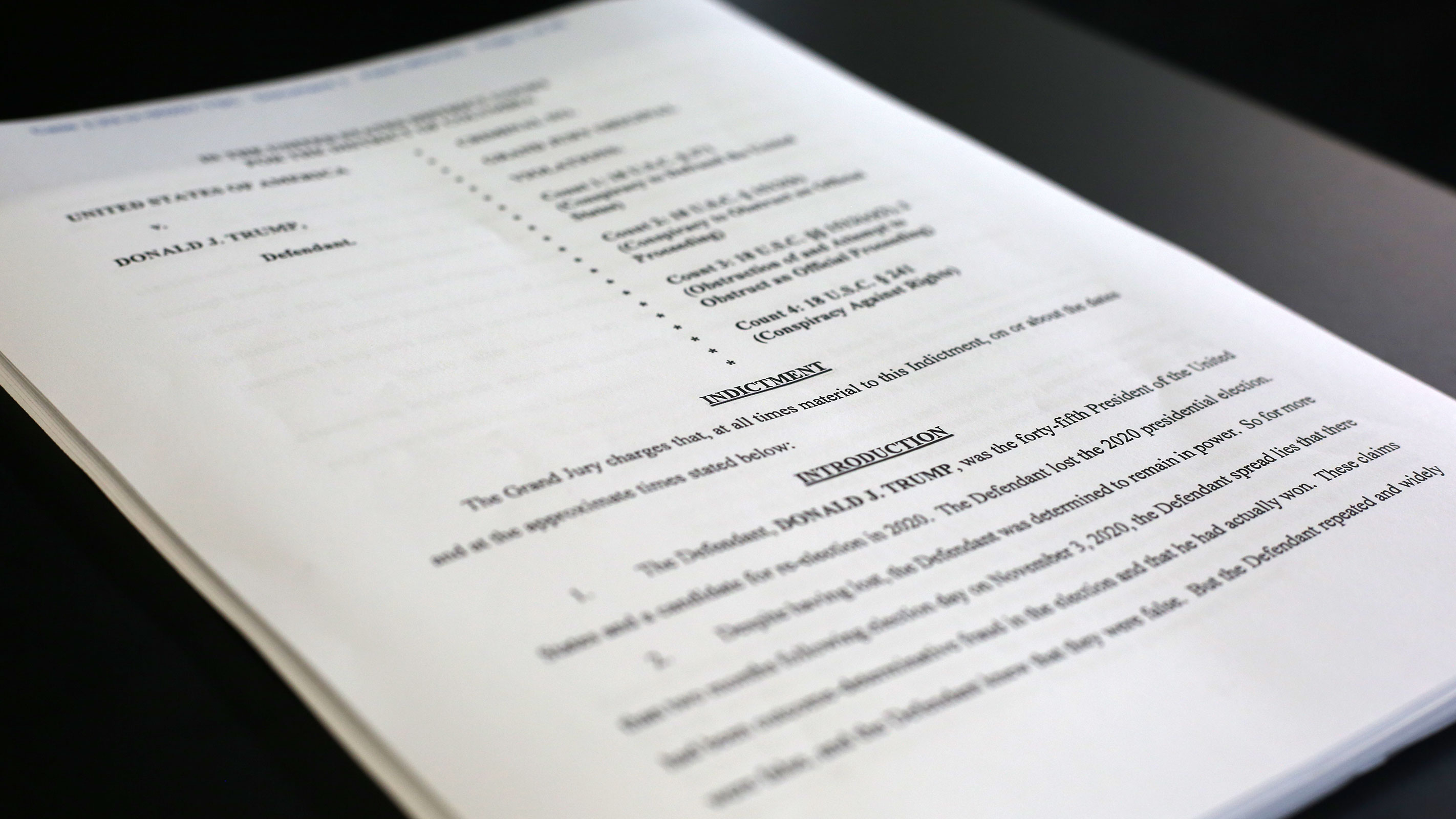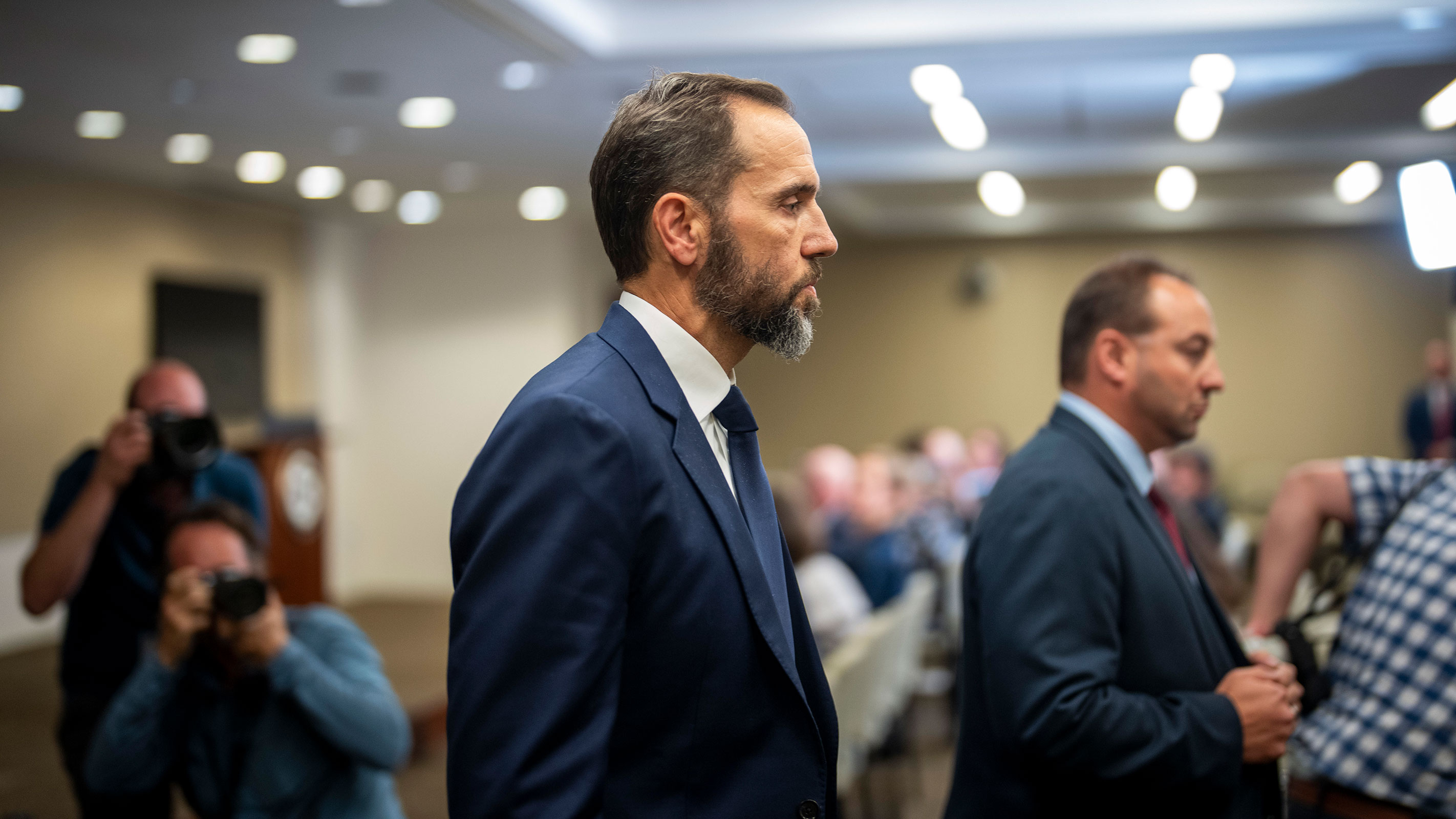
Special counsel Jack Smith reentered the public eye on Tuesday with a grand jury’s indictment of Donald Trump over his alleged efforts to overturn the 2020 election leading up to the January 6, 2021, attack on the US Capitol.
Trump, the front-runner for the 2024 Republican presidential nomination, was indicted on four criminal counts: Conspiracy to defraud the United States; conspiracy to obstruct an official proceeding; obstruction of and attempt to obstruct an official proceeding; and conspiracy against rights.
The former president already faced 40 counts stemming from Smith’s seperate probe into the former president’s retention of classified documents and conspiracy with a top aide and an employee at Mar-a-Lago to hide them from the government and his own attorneys.
Trump has denied wrongdoing in both cases and cast Smith’s probes as a weaponization of the federal government.
But Smith has investigated members of both parties, handling some of the most high-profile political corruption cases in recent memory – with mixed outcomes. His experience ranges from prosecuting a sitting US senator to bringing cases against gang members who were ultimately convicted of murdering New York City police officers.
Smith’s career spans multiple stints in the Justice Department and international courts, which until his appointment had allowed him to keep a relatively low profile in the oftentimes brassy legal industry.
After serving as a prosecutor at the local and federal levels as well as a stint at the International Criminal Court, Smith oversaw corruption cases as chief of the Justice Department’s public integrity unit from 2010 to 2015.
Smith was the head of the section when the department failed to convict former senator and vice-presidential candidate John Edwards, a Democrat, in a corruption case in 2012 and when then-Virginia Gov. Bob McDonnell, a Republican, was indicted in 2014. He also oversaw the investigation into former House Majority Leader Tom DeLay, a Republican, closing the probe in 2010 without bringing charges.
Smith would go on to serve as an assistant US attorney for the Middle District of Tennessee, taking over as acting US attorney in early 2017. He became vice president of litigation for the Hospital Corporation of America later that year.
In recent years, Smith lived outside of the United States as the chief prosecutor for the special court in The Hague, a role he assumed in 2018 in which he investigated war crimes in Kosovo.


